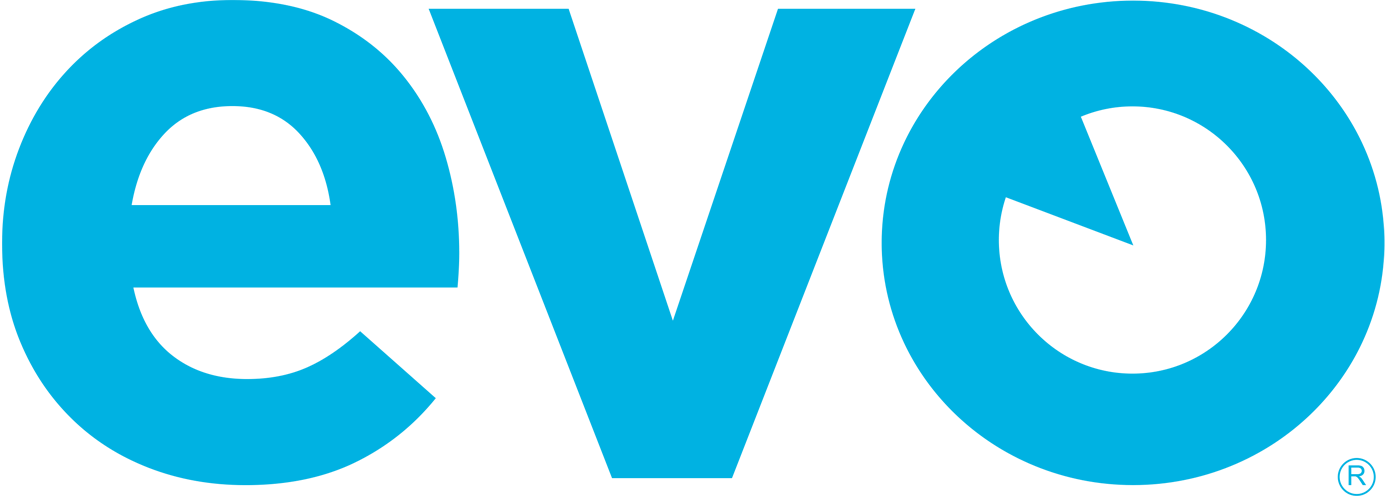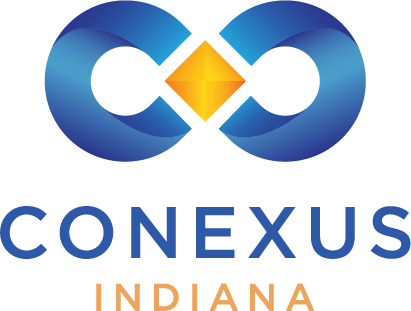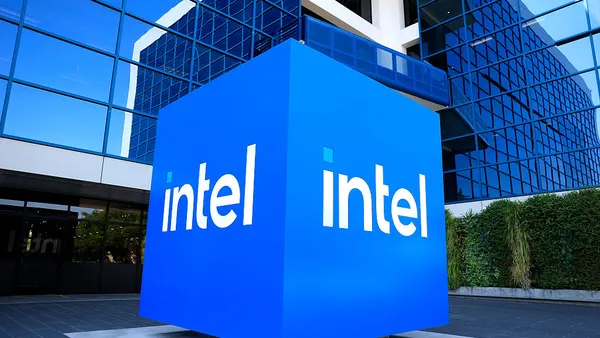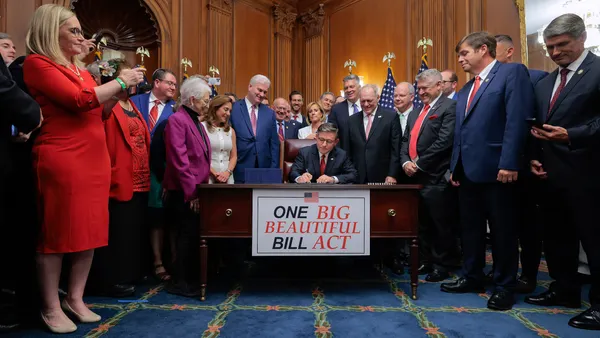Dive Brief:
- PVH, owner of Calvin Klein and Tommy Hilfiger, recently teamed up with Standard Chartered Bank to create a new financing program for suppliers tied to the apparel company’s sustainability goals.
- Under the program, PVH contract manufacturers can finance day-to-day operations through a facility benchmarked to PVH’s metrics on environmental and social goals. Suppliers that meet certain standards can get discounted financing.
- Suppliers will be benchmarked on metrics around PVH’s environmental goals as well as those related to health, safety, forced labor, child labor and harassment and abuse at their manufacturing sites.
Dive Insight:
The fashion and retail industries have a lot of work to do when it comes to climate change and other environmental concerns. Finding — and financing — actual solutions and drivers of change is critical to bridging the gap between sustainability goals and results.
In fashion, the industry’s progress on climate objectives has been “extremely disappointing,” according to Stand.earth. The environmental advocacy group gave 28 out of 43 apparel sellers it assessed in the industry D or F grades in its latest scoring.
PVH received a D on the scorecard overall, though Stand.earth gave the company a B- on its commitments and transparency regarding its targets. However, the company got D-level scores on shipping, advocacy and use of low-carbon materials, and received an F on renewable energy.
The company has a target to cut its supply chain emissions 30% by 2030. The brand’s Scope 3 emissions, mostly made up by its supply chain, encompassed 96.4% of company’s total emissions in 2021, according to PVH’s most recent sustainability report.
The company’s Scope 3 remissions did fall 28% in 2021 from its 2017 baseline, but the company noted most of that was due to capacity constraints during the pandemic.
PVH has made some strides with its suppliers as of late. It noted in the report that six of its suppliers have developed carbon reduction plans, and another six have developed 2025 reduction targets.
When it comes to the company’s social goals, progress has been more mixed. While PVH’s suppliers have mostly met its goals for safe work places, suppliers are further behind in supporting worker committees and industry-wide collective bargaining for wages, as well as in offering professional skill development for women in the company’s supply chain.
Financing like the Standard Charter program for PVH suppliers can help vendors meet sustainability goals by offering funding for upgrades and discounts for those who hit goals.
“Trade finance has the unique ability to engage and incentivize companies across supply chains and improve working and environmental standards,” Joao Galvao, head of trade sales for the Americas at Standard Chartered told Supply Chain Dive.















